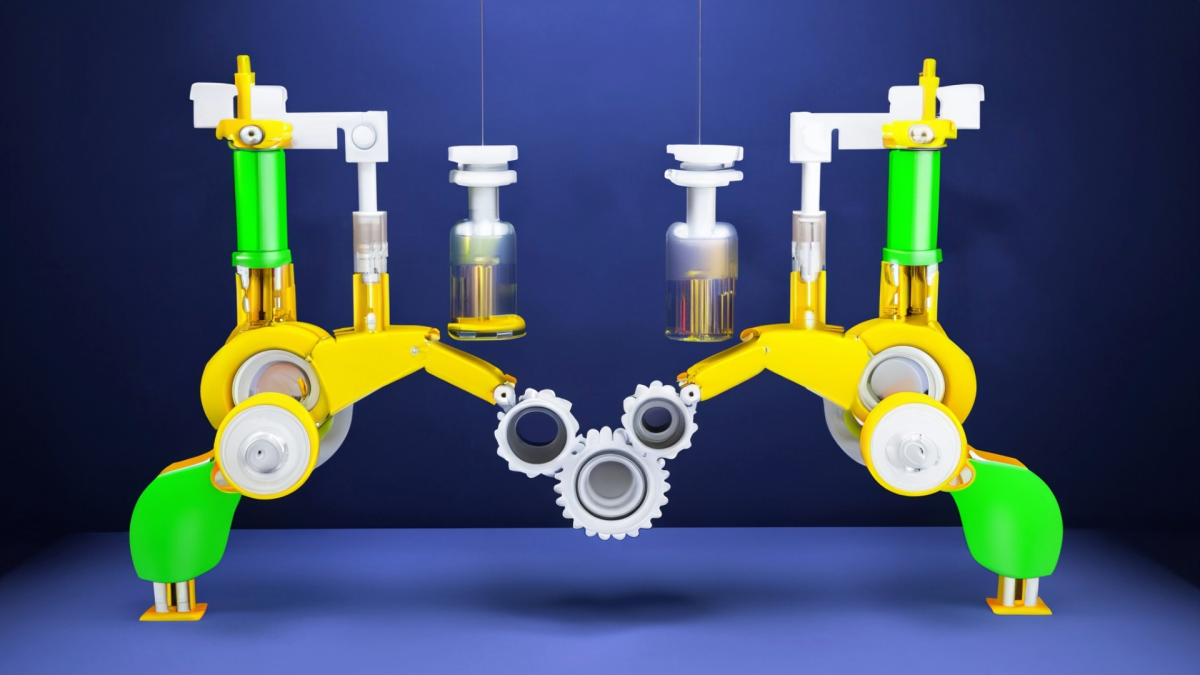
Aeronautics 2-Microsoft Flight Simulator Take-Off & Landing Unit: Lesson 1
This is the first of 7 Take-Off & Landing Lessons. This unit is the start the Aeronautics 2 lessons. Students must have completed the 8 Basic Handling Unit lessons from Aeronautics 1 course. (See lesson plans from year one of ASAP Fellowship.)
Prior to teaching this lesson, all students must have completed lessons on the follow topics:
History of Flight
Bernoulli’s Principle
Newton’s Laws of Motion
Four Forces of Flight
Earth’s Atmosphere
Aviation Weather
Aircraft Vocabulary
8 Basic Handling Lessons from Aeronautics 1 (See last years ASAP Lesson plans)
https://stemteachers.asu.edu/stem-lesson-plans?sq=huggins
(Note: I do not teach the last two lessons in the Take-Off and Landing unit until the students can successfully complete the Solo lesson. The final two lessons are dead stick landing and landing without an elevator.)
Since this is an individual assignment, I have my students working on various aeronautics related projects until it is their turn to interact with the flight simulator. Having more than one flight simulator allows for more students to complete the lesson in a shorter time.
Microsoft Flight Simulator is set up using real world weather and traffic conditions.
Lesson Plan Link/URL
https://docs.google.com/presentation/d/1tl15GD4TTPQxFUfC06PNP2ozOXw4mFVJ7JbTgS7…Subject Area
Science Physical Science P3: Net Force P4: Energy Transfer Technology 3. Knowledge ConstructorRelated Content

This lesson is part 2 of 2, Days 3 and 4. This lesson is set up to have students explore the friction bridge designed by Leonardo Da Vinci. Students have discovered the inventor and become familiar

In this lesson students will learn how to maintain their drones: replace batteries and propellers. The students will conduct a propeller altering experiment to determine the effects of changing the

Students are constructing a cardboard control vehicle. Throughout this process, they will practice working with circuits and motors. In this lesson, students will begin working on the electrical